Gateway vs Router: Comprehensive Guide to Networking Devices
Table of content
Introduction:
In the ever-growing field of networking and IT, a lot of things are always waiting to be discovered and understood properly. The reason is that various devices overlap their functionalities, with minor differences in general. One of them is ‘Gateway vs Router.’ Yes, this is where even an IT professional and a networking enthusiast can make a big mistake in separating them. Though both gateways and routers overlap in many functions, there is still a thick line between them. This line shows their distinct features, working nature, and more. We are here to explain everything so you may not make the mistakes that other people do. So, let’s start exploring Gateway vs Router.
Defining Gateway vs Router:
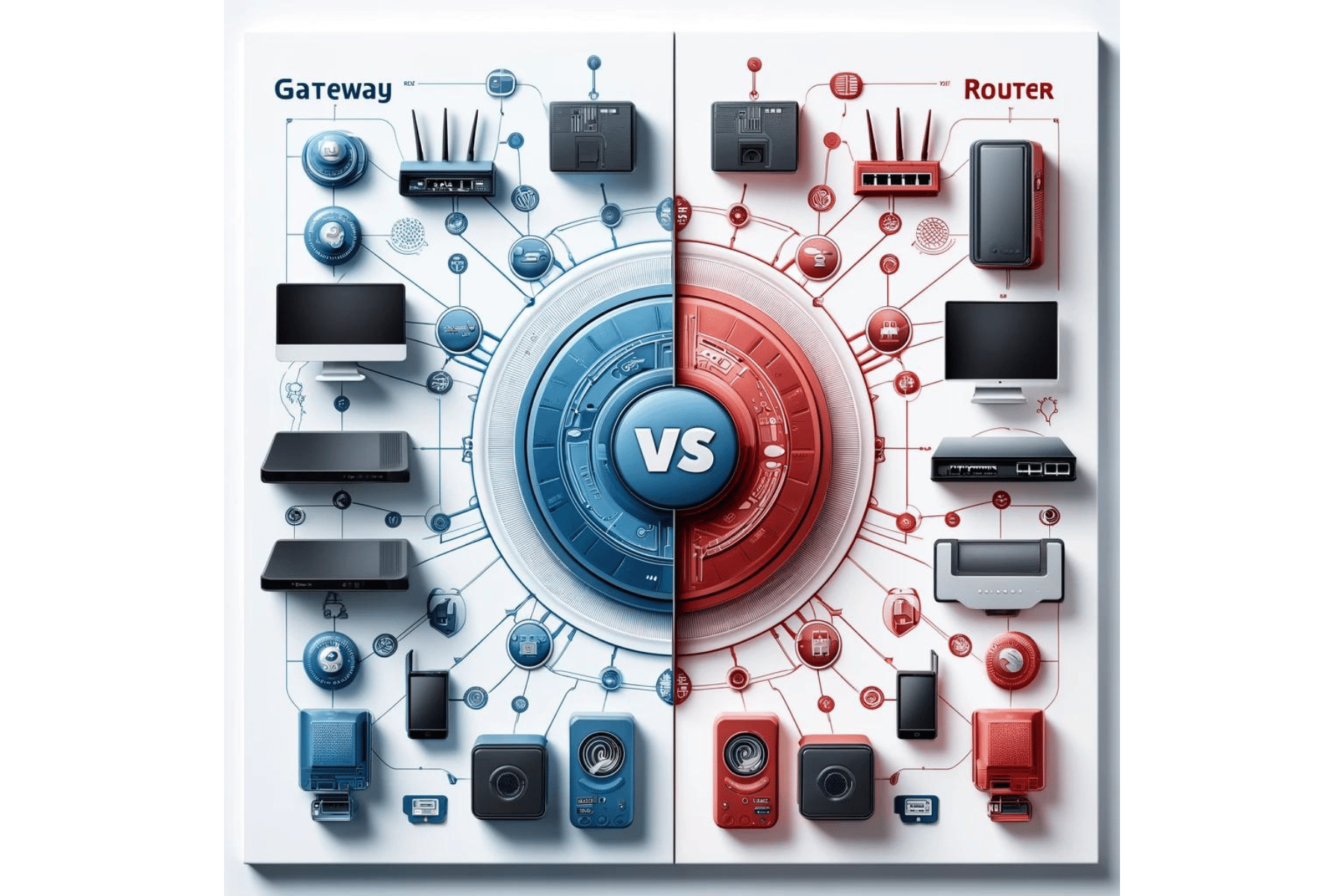
In order to understand their underlying differences as well as overlapping functionalities, it is significant to look at ‘Gateway vs Router’ deeply. Additionally, as long as you don’t have a proper definition of a router or a gateway, you cannot roadmap your idea to recognize them as separate devices.
It is true that they have much in common, but we cannot rely only on ‘Chitchat’ instead of getting authentic information. Therefore, we have brought you concise, authentic, and reliable information after conducting in-depth research and study. So, let’s define ‘Gateway vs Router’ separately:
What is a Router:
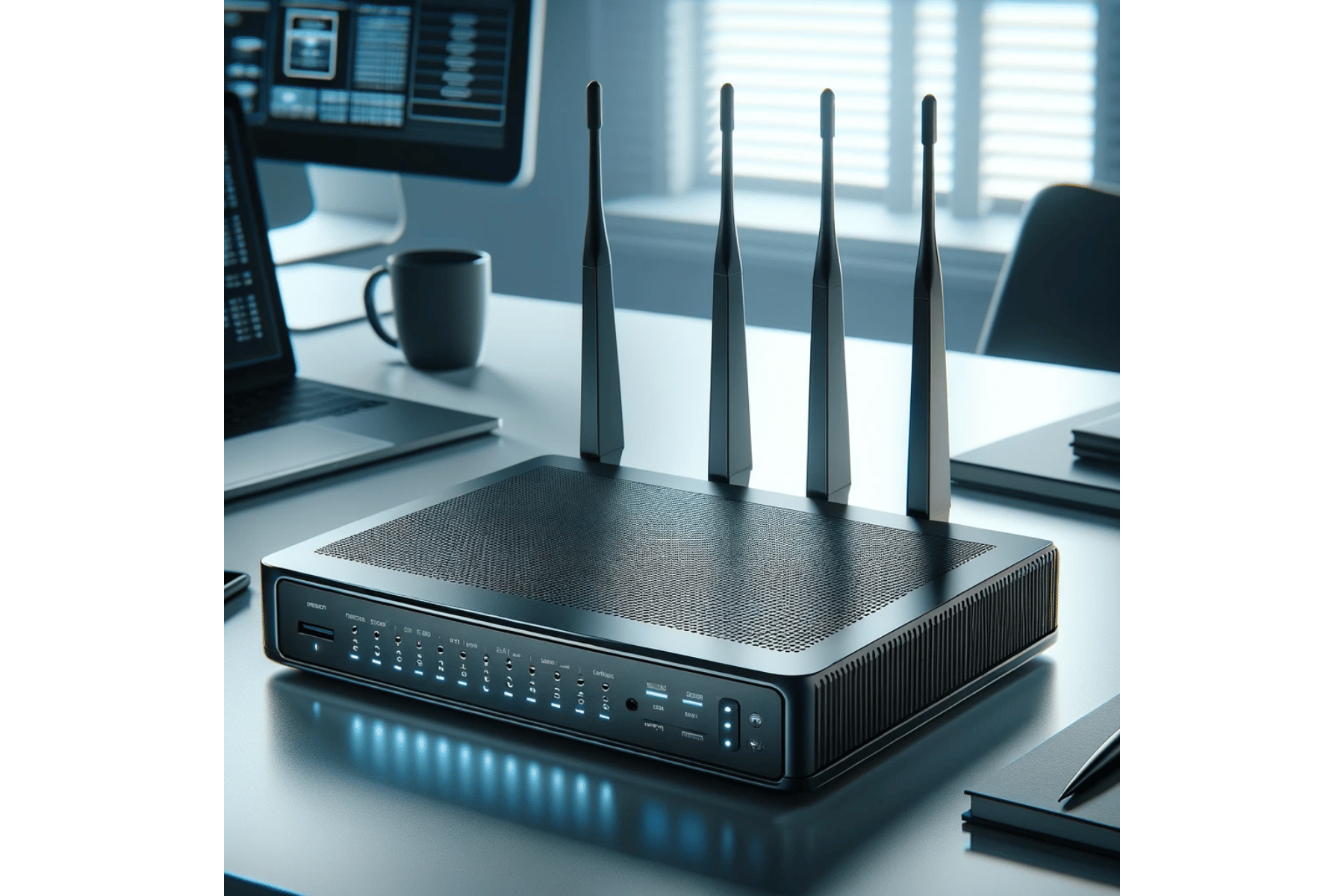
A router is fundamentally a piece of hardware that receives, examines, and forwards data packets to other networks. In reality, a router determines the packet’s destination or target IP address; as a result, forwarding tables and headers are utilized to establish the optimal method of packet transport.
The data packet is sent from one router to another, forming a network (the internet, for example) until it reaches the destination node. The domains of wide area networks (WAN) and local area networks (LAN) are where routers are mostly employed. The routing protocols are used to move data around the network.
What is a Gateway:

In essence, a gateway is a piece of hardware that serves as a “gate” between networks. It may thus also be described as a node that serves as a gateway for other nodes inside the network. A gateway’s operations are far more sophisticated than those of a switch or router since it employs many protocols for communication.
In other words, a gateway is essentially a device that facilitates communication across networks and utilizes various protocols by translating one set of protocols into another. A computer system known as the gateway is in charge of directing traffic from the primary workstation to an external network in any type of workplace.
Major Similarities Gateway vs Router:
Both Enable Network Interconnection:
To begin with, joining various networks is the responsibility of both routers and gateways. In order to guarantee that data packets reach their intended destinations, they act as “Middlemen” and guide data between networks.
Both Have Traffic Management:
Second, by routing data packets according to different parameters like IP addresses, these devices help with managing network traffic. Furthermore, both routers and gateways guarantee precise and efficient data transfer.
Both Have Security Features:
There are some crucial security features that routers and gateways share. These security features include firewalls and NAT (Network Address Translation), which guard the network against malicious assaults and illegal access while saving IP addresses.
Both Can Be Configured and Manage Through The Same Interfaces:
Besides other similarities, there are similar user interfaces for configuring and managing routers and gateways. These interfaces include Command-line interfaces (CLI) and web-based graphical user interfaces (GUI) are examples of these interfaces.
Both Devices Support Different Networking Protocols:
In order to facilitate effective communication across networks, both of these devices support several networking protocols. They may support protocols like as DHCP (Dynamic Host Configuration Protocol) and DNS (Domain Name System), for example, in addition to IP (Internet Protocol).
Both Facilitate Data Forwarding:
Lastly, both of these network accessories enable data forwarding operations by identifying and evaluating incoming data packets and figuring out the most efficient route for the data to take in order to reach its intended location.
Gateway vs Router: A Quick Comparison
| Router | Gateway |
| A router is a physical device that handles and transmits data packets across computer networks. | A gateway is a hardware component that acts as a “gateway” between networks. It can also be considered a node that acts as a link to other nodes in the network. |
| Routers often operate on the third layer of the protocol, transmitting messages from one computer to another. A router selects the network path for data packet transit. | The gateway interprets the network system as terminals from one packet to the next. |
| It is only available to specific apps. | It is hosted on dedicated application servers, physical servers, & virtual servers. |
| The router operates by implementing multiple routing data for multiple connections and an address space established by traffic. | The gateway distinguishes between the core network and the components accessible outside the network |
| It routes data packets over comparable networks. | It joins two different networks. |
| It is installed on router equipment in a dedicated appliance. | The gateway is installed as a virtual or physical server or a dedicated appliance. |
Three Major Differences Gateway vs Router:
- Functionality Difference: Network gateways connect two distinct networks employing different protocols, while routers route packets from source to destination within a network.
- Operational Scope: Routers operate within a network, functioning as traffic controllers to forward and route data to its correct destination. Gateways, on the other hand, are positioned at the network boundary, controlling and changing data according to suitable protocols.
- Technical Layer and Hosting: Routers operate at the third layer of a protocol, forwarding data packets between systems, and can only be hosted on dedicated applications. Gateways view the network as endpoints, process data packet by packet, and can be hosted on physical servers, virtual apps, and dedicated applications.
Conclusion:
You have gone through the definition of gateway vs router, along with their similarities and major differences. Now, we hope to have provided you with an insightful blog on gateway vs router. Still, if you ever feel like bubbling a query in your head, bother not to hit us up. We are always available to provide you with the best. Additionally, we encourage you to keep visiting our website for further updates regarding the field of networking.
Frequently Asked Questions:
Is a gateway the same as a router?
A router is a network device that manages and forwards data packets into various network through IP addresses. On the other hand, a gateway is a networking device that acts as a ‘gate’ among different available networks where it can translate IP addresses.
What is a Router used for?
A router is a device used for networking that offers Wi-Fi connectivity and usually connects to a modem. It transmits data from the internet to personal gadgets such as computers, smartphones, and tablets. These devices, connected to the internet within a household, a small business or a large enterprise, form your Local Area Network (LAN).
What are the major differences gateway vs route?
Some major differences gateway vs router are a router forwards various data packets through a similar networks. Whereas, a gateway creates a link between two completely different networks. Additionally, a router functions easily on three and four layers. While a gateway can only operate on five layers.
Is there are any similarities gateway vs routers?
Yes, there are some similarities gateway vs routers. These similarities include configuration and data management, advanced security features, and capability to create interconnect networks.
Can I use a router in place of a gateway?
No, a router cannot replace a gateway because they serve different functions. A router directs data between networks (Layer 3), while a gateway bridges different protocols and networks, handling protocol translation and traffic management.




 Catalog
Catalog













































































































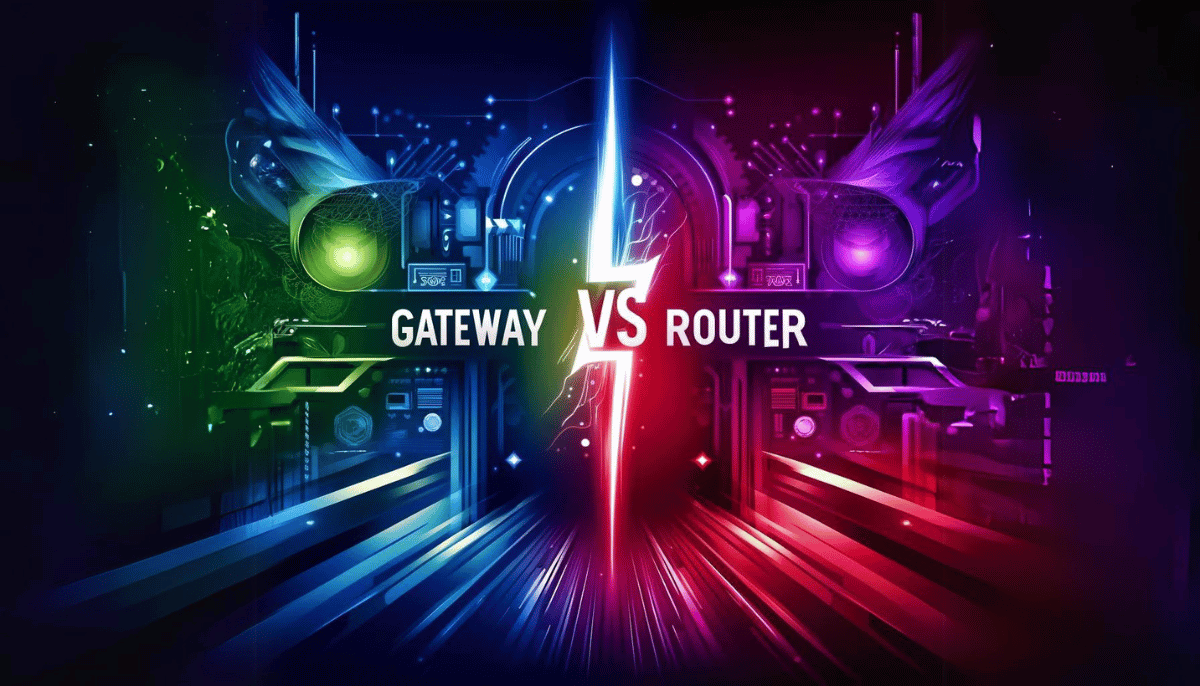
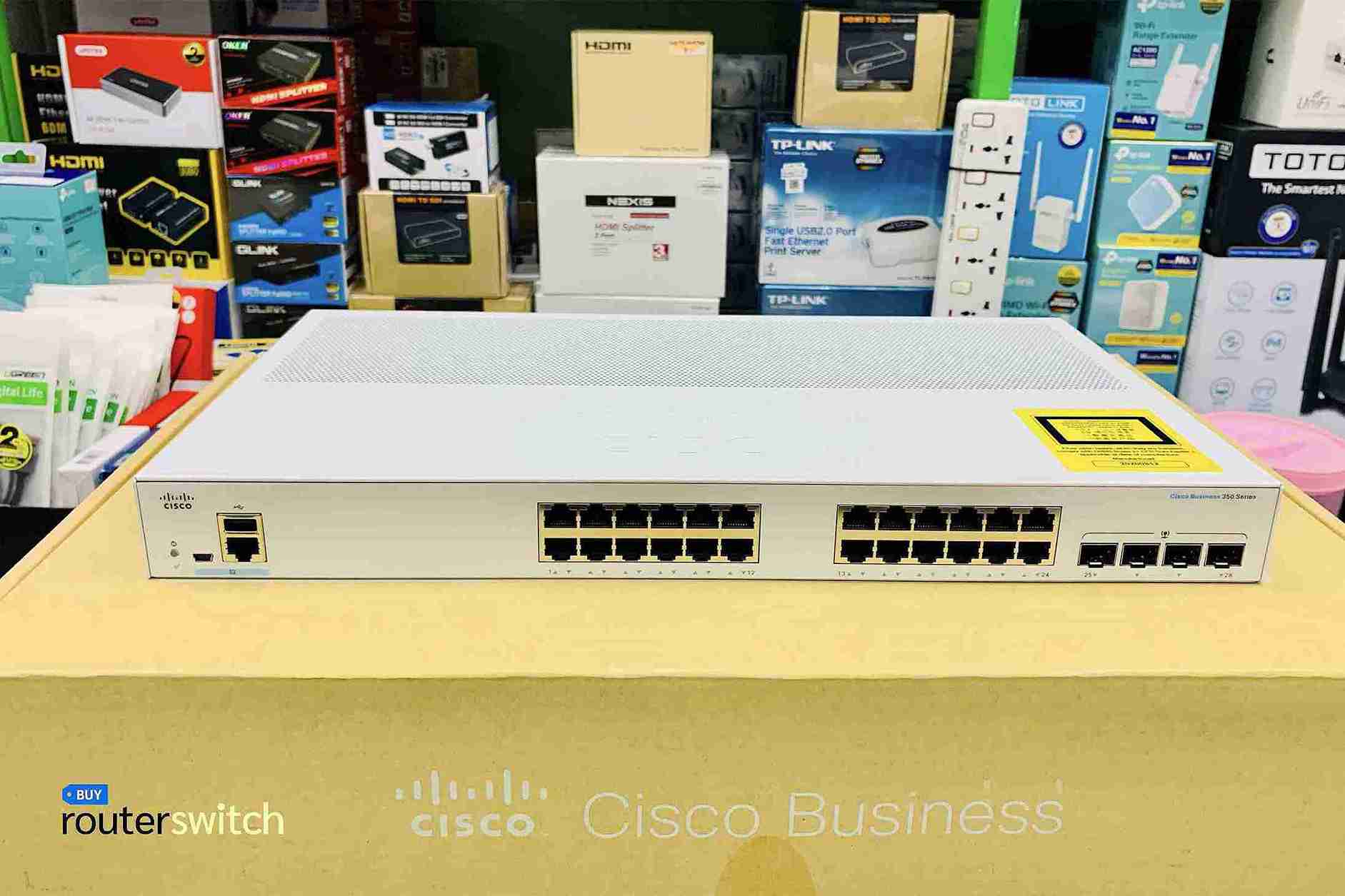

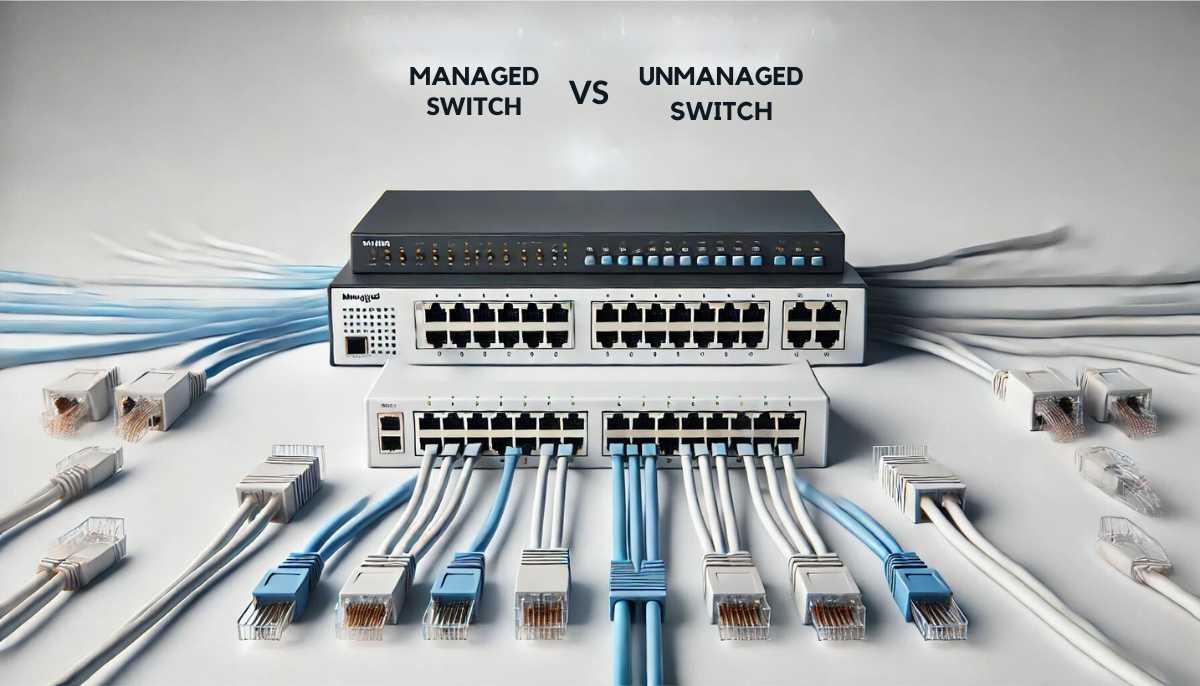




 (800) 870-9487
(800) 870-9487